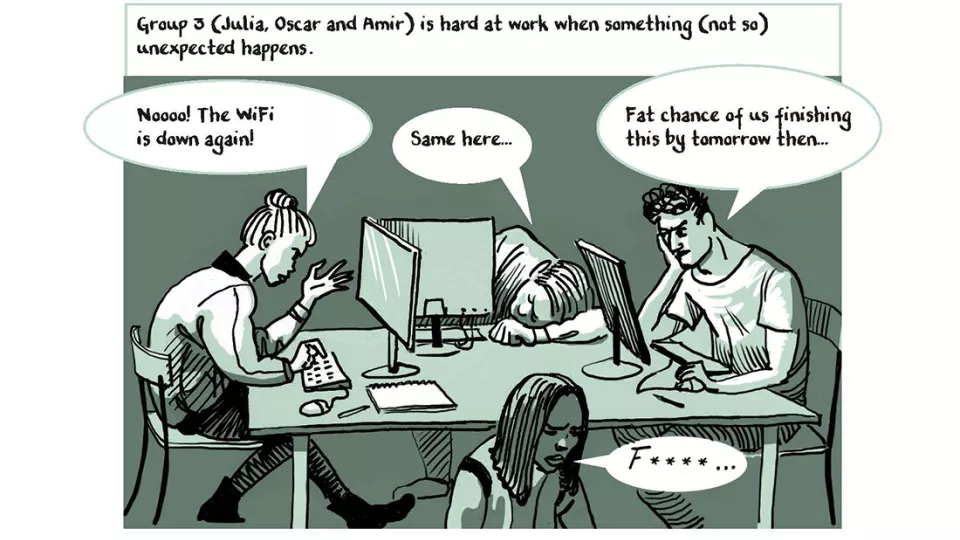Stephan M. Schaefer is one of the editors of the new book “Working and Organizing in the Digital Age” published by the Pufendorf Institute for Advanced Studies. This quote directs our attention to the essentials of the Digiwork research project, a critical review of one of the most distinctive signs of the time: digitalization.
Stimulate debate
Stephan M. Schaefer, Associate Senior Lecturer at LUSEM, released the edited volume just some weeks ago together with his colleagues Magnus Andersson, Elizabeth Bjarnason and Kristofer Hansson. The book summarizes an interdisciplinary research project funded by the Pufendorf Institute in Lund during 2016-2017 and explores the effect of digitalization on working and organizing.
"The idea here was never to produce some particular outcome or a research report. We really worked in the Pufendorf spirit which is to stimulate debate and to produce ideas," Stephan says. "To ask what is important or what could be important to do research on later, after the Pufendorf project. The book is more about summarizing ideas and scenarios and to draw attention to the negative and positive effects of the technology. To see how much unintended consequences it might have."
Article by: Anna Löthman
More information about The Pufendorf IAS previous theme Digiwork


